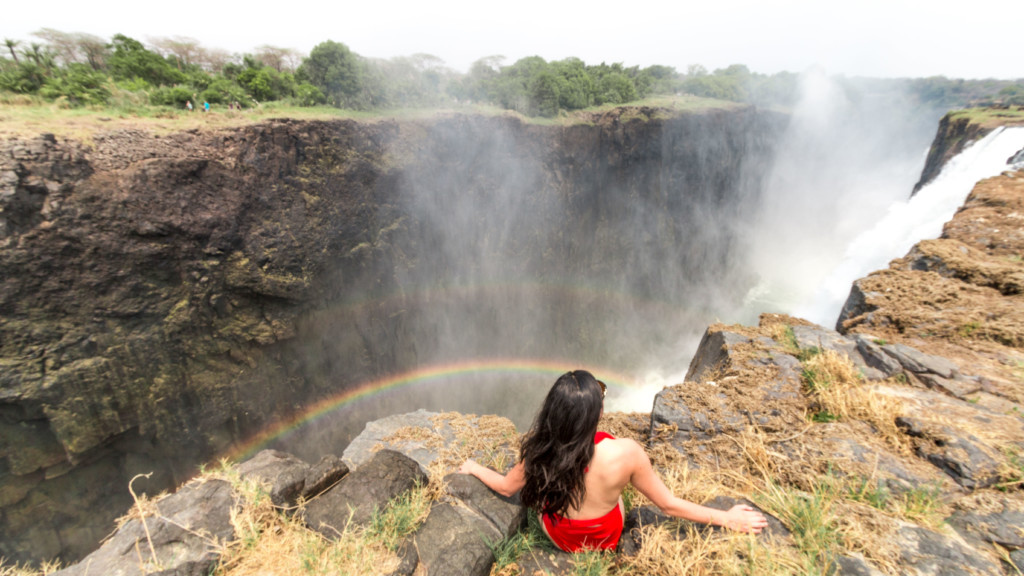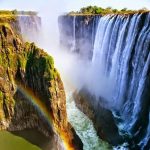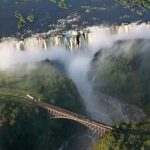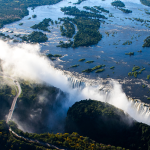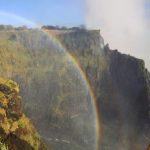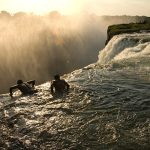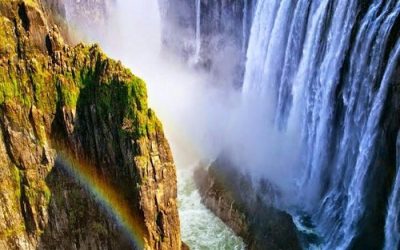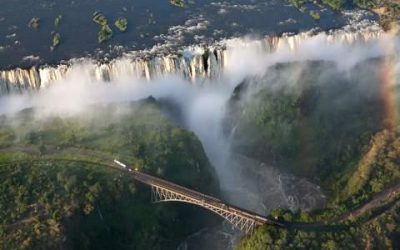When it comes to capturing the awe-inspiring beauty of Victoria Falls, the question of where to get the best photos is a common one. Whether you’re a professional photographer or just want to snap some memorable shots, it’s crucial to find the perfect vantage point. In this article, we’ll explore the top locations that allow you to get up close and personal with Victoria Falls, providing you with an opportunity to capture its majestic splendor in all its glory. Get ready to unleash your inner photographer and create picture-perfect memories at one of the world’s most iconic natural wonders.
Victoria Falls Overview
Introduction to Victoria Falls
Victoria Falls, located in southern Africa on the border between Zambia and Zimbabwe, is a breathtaking natural wonder that will leave you in awe. As one of the largest waterfalls in the world, it’s no wonder that photographers flock to this magnificent site to capture its beauty. With its thunderous roar and majestic spray, Victoria Falls offers a plethora of opportunities for stunning photographs. In this article, we will explore the best places to take photos of Victoria Falls up close, guiding you through the key features and viewpoints that will ensure you capture the mesmerizing essence of this iconic landmark.
Key Features of Victoria Falls
Victoria Falls boasts several key features that make it a photographer’s paradise. With a width of over 1 mile and a height of about 354 feet, these enormous dimensions create a stunning visual spectacle. The main falls, known as the Devil’s Cataract, are the most famous and offer an impressive display of cascading water. The continuous spray creates a misty atmosphere, giving rise to beautiful rainbows that add a touch of magic to your photographs. Other notable features include the Boiling Pot, where the Zambezi River boils and churns below the falls, and the Knife-Edge Bridge, which offers a thrilling vantage point. From every angle, Victoria Falls presents a unique and captivating scene, enticing photographers to capture its grandeur.
Importance of Taking Photos of Victoria Falls
Photographing Victoria Falls is not just about preserving memories; it is about immortalizing the sheer magnificence and power of this natural wonder. By capturing these moments through your lens, you have the opportunity to share the awe-inspiring beauty of Victoria Falls with others. Furthermore, photography allows you to document the ever-changing nature of the falls, as water levels fluctuate throughout the year. Your photographs can serve as a reminder of the harmony between nature and mankind, encouraging us to protect and preserve these wonders for future generations. So, grab your camera and prepare to embark on a photographic journey through the stunning vistas of Victoria Falls.
Challenges of Photographing Victoria Falls Up Close
While photographing Victoria Falls up close offers a multitude of rewards, it also presents several challenges that photographers must navigate. The iconic waterfall produces an immense amount of mist and spray, which can make it difficult to keep your camera equipment dry and clear of water droplets. Additionally, the powerful sound and force of the falling water can be overwhelming, making it crucial to stay focused and maintain your footing. The constantly changing lighting conditions caused by the spray and surrounding vegetation can also pose a challenge when trying to capture the perfect shot. However, with careful preparation and a few expert tips, these obstacles can be overcome, allowing you to capture breathtaking photographs of Victoria Falls up close.
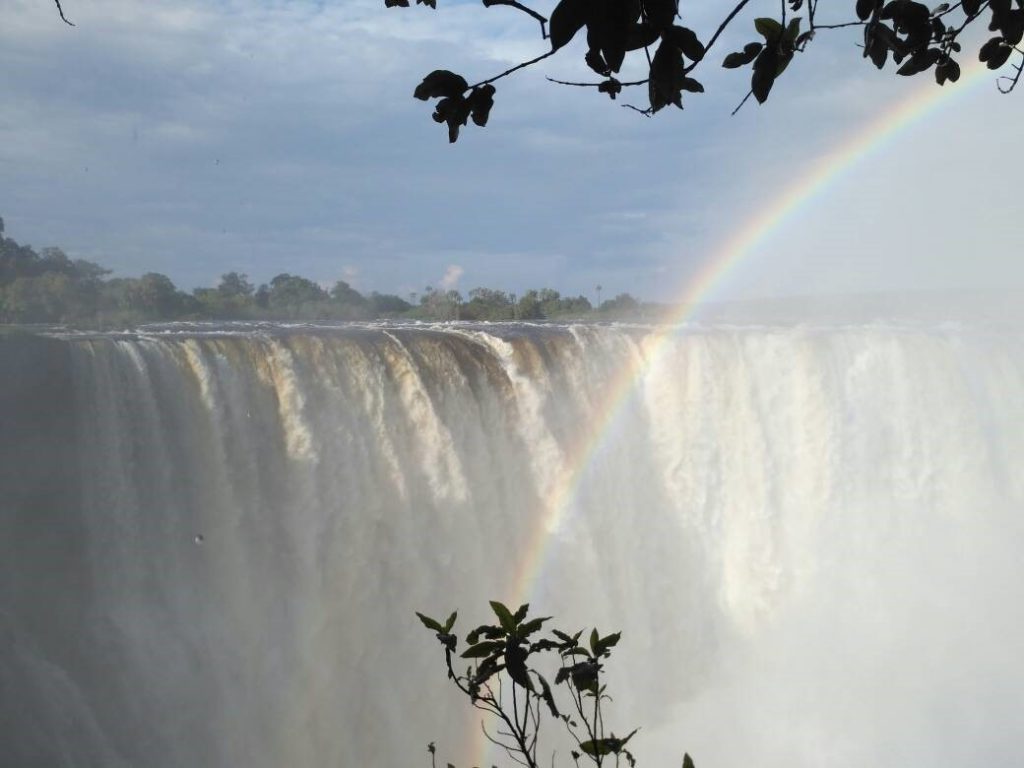
1. Knife-Edge Bridge
Overview of the Knife-Edge Bridge Viewpoint
The Knife-Edge Bridge is undoubtedly one of the most exhilarating viewpoints from which to capture Victoria Falls in all its glory. Perched on the edge of the falls, the bridge offers an unobstructed panoramic view, allowing you to witness the raw power of the Zambezi River as it plunges over the precipice. From this vantage point, you can truly appreciate the tremendous scale and force of the cascading water. As you stand amidst the mist and feel the thunderous vibration beneath your feet, the Knife-Edge Bridge offers a thrilling photography experience that will leave you in awe.
Advantages of Photographing from the Knife-Edge Bridge
Photographing Victoria Falls from the Knife-Edge Bridge provides a unique perspective that showcases both the beauty and intensity of the waterfall. The close proximity allows you to effectively capture the grandeur and scale of the falls, emphasizing the immense volume of water crashing down. The bridge’s position also allows you to frame your shots with the surrounding dramatic rock formations, adding depth and interest to your photographs. With the cascading water and pristine rainbows as your backdrop, the Knife-Edge Bridge offers an unparalleled photography experience.
Best Time to Capture Photos from this Viewpoint
The best time to capture stunning photographs from the Knife-Edge Bridge is during the dry season, which typically spans from May to October. During this time, the water levels are lower, allowing for greater visibility and more defined rock formations to enhance your compositions. The reduced spray and mist also help to keep your camera equipment dry, enabling you to capture sharper images. It is worth noting that visiting early in the day or late in the afternoon can provide softer, more directional lighting that adds a touch of magic to your photos.
Tips for Photographing at the Knife-Edge Bridge
When photographing from the Knife-Edge Bridge, it is essential to come prepared and take certain precautions to ensure you capture the best possible images. Firstly, make sure you have a sturdy tripod to keep your camera stable as you capture long exposure shots of the flowing water. Additionally, consider using a polarizing filter to reduce glare and enhance the colors in your photographs. As the bridge can become crowded with tourists, arriving early or staying late can give you the opportunity to capture unobstructed shots. Be mindful of your surroundings, taking care not to drop any equipment into the falls or the swirling currents below.

